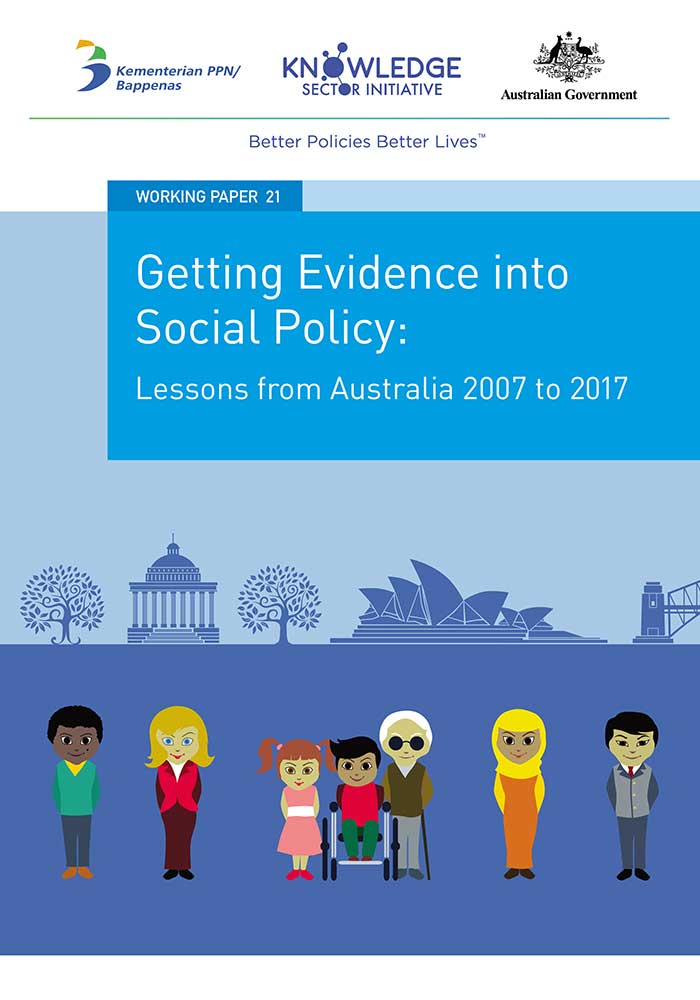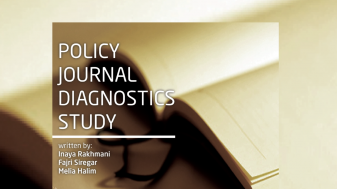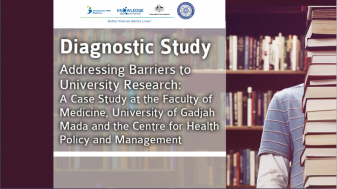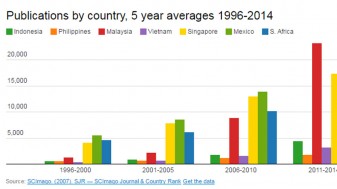This working paper reflects on Australia’s experience over the last ten years of reform (following the election of Kevin Rudd in 2007 to today) highlighting selected ‘preconditions’ for effective evidence-based policy-making. Sound evidence-to-policy pathways are necessary because it enables governments to make informed decisions to improve community living standards on the basis of the best information available. Utilising case studies the paper highlights six selected inter-related ‘enabling factors’ which support the use of evidence by governments. These are:
(i) access to data; (ii) the systematic monitoring and evaluation of policy and programs; (iii) transparent evidence gathering processes involving public consultations; (iv) independent governance of evidence; (v) a public service equipped with data analytical skills; and (vi) political leadership to commit to more open government which allows public access to data, and which in-turn drives the other four enabling factors.
Two contrasting outcomes in social policy reform – addressing disadvantage by changing schools and disability funding structures, are used to highlight the extent to which evidence was available, procured and used to inform policy change. Moving from social policy to technical capacity two further case studies focus on public sector skills development and policies on more open and transparent government which are needed in the Australian context to improve the quality and availability of evidence and its uptake by decision makers.






